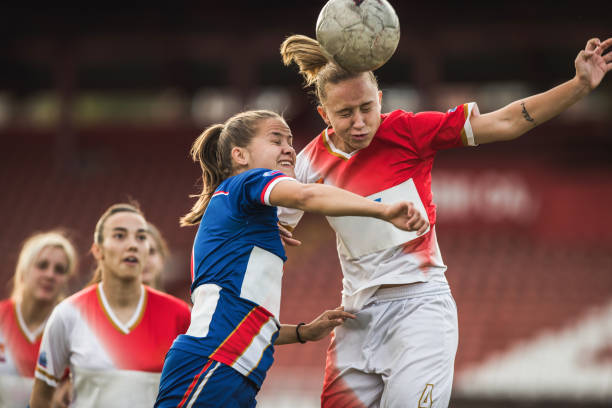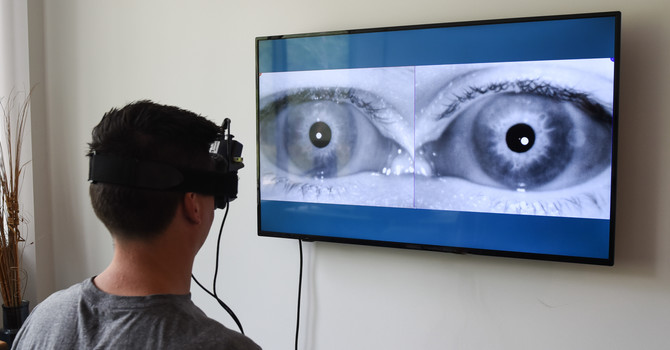
Whether you're a competitive athlete, a weekend warrior, or a parent of a young player, one thing is clear: performance isn’t just physical—it’s neurological. Your brain is the control center for every movement, decision, and reaction on the field, court, or track. And when a concussion disrupts that system, the effects can linger far beyond the initial injury.
At my clinic, I’ve worked with athletes of all levels who “look fine” after a hit—but don’t feel right. They’re slower to react, misjudge distances, or feel off-balance. These are signs of lingering post-concussive changes in the brain that deserve attention.
What Happens to the Brain During a Concussion?
A concussion is a mild traumatic brain injury (mTBI) that occurs when the brain is jolted inside the skull. This sudden movement disrupts neural pathways and can impair the brain’s ability to coordinate motor function, balance, and sensory input. It’s not just about headaches or memory loss—many athletes experience subtle but performance-crippling deficits.
Common post-concussion changes include:
-
Slower reaction times
-
Impaired hand-eye coordination
-
Difficulty tracking moving objects
-
Loss of balance or spatial awareness
-
Fatigue or brain fog during play
These deficits often persist even after “clearing” a basic return-to-play protocol.
Why Standard Assessments Miss the Mark
Many return-to-play decisions rely on symptom checklists or cognitive tests that don’t assess the full range of brain function required for peak athletic performance. What they often miss:
-
Cerebellar dysfunction – affecting motor timing, precision, and balance
-
Vestibulo-ocular disruption – making eye tracking and coordination difficult
-
Autonomic imbalance – leading to fatigue, lightheadedness, or poor recovery
In short, a player might pass a sideline test but still be neurologically underperforming—putting them at risk for another injury or continued decline in performance.
Functional Neurology: The Missing Link in Concussion Rehab
Functional neurology fills in the gaps left by standard care. Through detailed examination of eye movements, balance systems, motor timing, and reflex coordination, we uncover hidden deficits that affect athletic output. From there, we build a tailored rehab program that restores function and accelerates recovery.
My approach combines:
-
Vestibular and ocular-motor training
-
Proprioceptive and balance exercises
-
Reaction time and cognitive-motor drills
-
Autonomic nervous system regulation
Many of my athlete patients report not only returning to baseline—but surpassing their pre-injury performance.
For Parents and Coaches: What to Watch For
Even if an athlete says they’re “fine,” subtle signs can suggest otherwise. Keep an eye out for:
-
Poor timing on plays or passes
-
Seeming “slow” or hesitant
-
Difficulty following the ball or opponent visually
-
Slumping performance despite normal conditioning
If you notice these patterns after a blow to the head—even weeks later—it’s worth a neurological evaluation.
Your Brain Is Your Most Valuable Asset
Concussions are more than just a bump on the head—they’re an injury to the control center of your performance. Whether you’re trying to return to sport or protect your future, addressing post-concussion changes with a functional, brain-based approach can make all the difference.
If you're an athlete—or the parent or coach of one—dealing with unresolved symptoms or unexplained dips in performance, I invite you to schedule an exam. We’ll uncover what’s holding the brain back and build a plan to get you back in the game—stronger, sharper, and more resilient.

Benjamin Pupo
Contact Me



